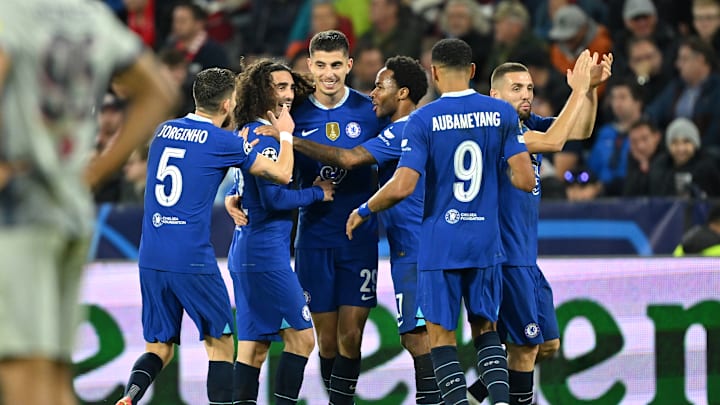Behind the camera flashes and million-dollar transfers, lies a stark reality: the growing importance of financial management behind the scenes of sports. Recently, Chelsea has found itself in the spotlight not only for its on-field achievements but also for a potential financial crisis that could shake the foundations of the Premier League.
The Premier League's profitability and financial sustainability regulations were established to ensure that clubs maintain long-term financial health, avoiding imbalances that could compromise the competitiveness and stability of the league. Everton and Nottingham Forest have already been punished for violating these rules, and now eyes turn to Chelsea, which faces an equally delicate situation.
Follow The Top Flight on X (Twitter).
The question arises of how a prestigious and successful club like Chelsea reached this point. Since the takeover by the group led by Todd Boehly and Clearlake Capital in May 2022, the club has spent over £1 billion on new signings. This extravagant spending, while it has bolstered the talent available to manager Pochettino, has also increased the financial burden on the club.
Controversy surrounds certain player transactions, such as in the case of Mason Mount, where the sale appears to have been manipulated to circumvent the league's financial reporting rules. Experts warn that Chelsea faces a monumental task to avoid punishment, given the seriousness of its current balance sheet.
Pressure on Chelsea is intensified by the absence of the Champions League and Europa League next season. This means less broadcast revenue and less global exposure for the club, making the need to balance the books even more pressing.
To avoid punishment, Chelsea may need to resort to selling players from its academy, such as Trevoh Chalobah, Armando Broja, and Conor Gallagher. However, these measures are only temporary fixes, as the true solution requires a deep review of the club's spending and investment practices.
Chelsea's situation echoes a larger dilemma affecting modern soccer. As clubs continually seek to strengthen their squads and compete at the highest level, many are exceeding healthy financial limits. This raises questions about the sustainability of the current model and the need for stricter regulations to prevent financial greed from jeopardizing the essence of the sport.
It is crucial for soccer officials to address this issue with seriousness and urgency. Not only is Chelsea's future at stake, but also the integrity and fairness of the sport as a whole. The Premier League, as one of the richest and most influential leagues in the world, has a duty to lead by example and implement measures that ensure a fair and financially sustainable competitive environment for all its participants.
